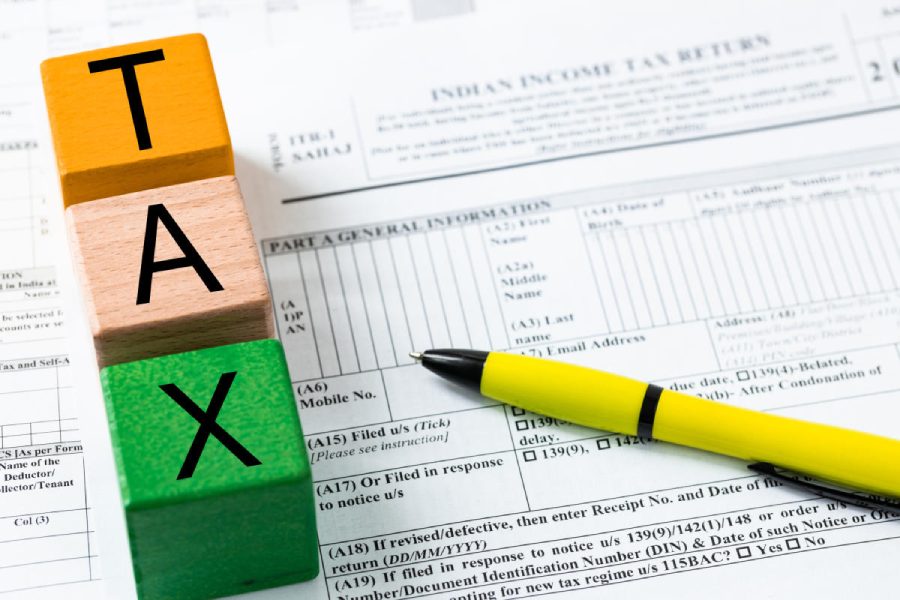The Central Board of Indirect Taxes and Customs (CBIC) has instructed its field formations not to initiate tax recovery within three months of issuing a notice, except in cases with a high risk of business closure or insolvency. Any early recovery must be approved by the jurisdictional principal commissioner and be based on credible evidence.
The move follows instances of tax officers misusing the exceptional clause, leading to legal challenges and judicial criticism.
Under the GST law, if a taxable person does not pay the amount specified in an order passed under the CGST Act within three months from the date of service of such order, the tax officer can initiate recovery proceedings only after the expiry of this period.
The CBIC said it has been brought to its notice that some of the field formations are initiating recovery before the specified period of three months from the date of service of the order.
This is even in the cases where the taxable person has not been specifically required by the proper officer, for reasons to be recorded in writing, for payment of such amount within a lesser period.
“Therefore, in order to ensure uniformity in the implementation of the provisions of law across the field formations, the board hereby issues the following instructions to be followed in cases where it is necessary, in the interest of revenue, to initiate recovery before the period of three months from the date of service of the order,” the CBIC said.
“Some tax officers tend to be over-zealous in attempting recovery of the demand amount prior to the said three months timeframe. The stance also ensures that the taxpayers appellate rights are not rendered infructuous,” said Ranjeet Mahtani, partner, Dhruva Advisors.
The instructions have guidelines to deal with cases that deserve recovery proceedings in a timeframe lesser than three months of communication of an order.
“Such circumstances could include high risk to revenue involved in waiting till the completion of the three month period due to apprehension that the concerned taxable person may close the business operations,” said Vikas Parakh from CA firm Garv and Associates.










